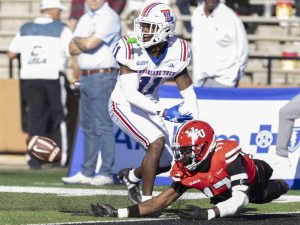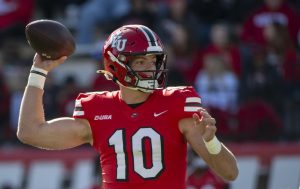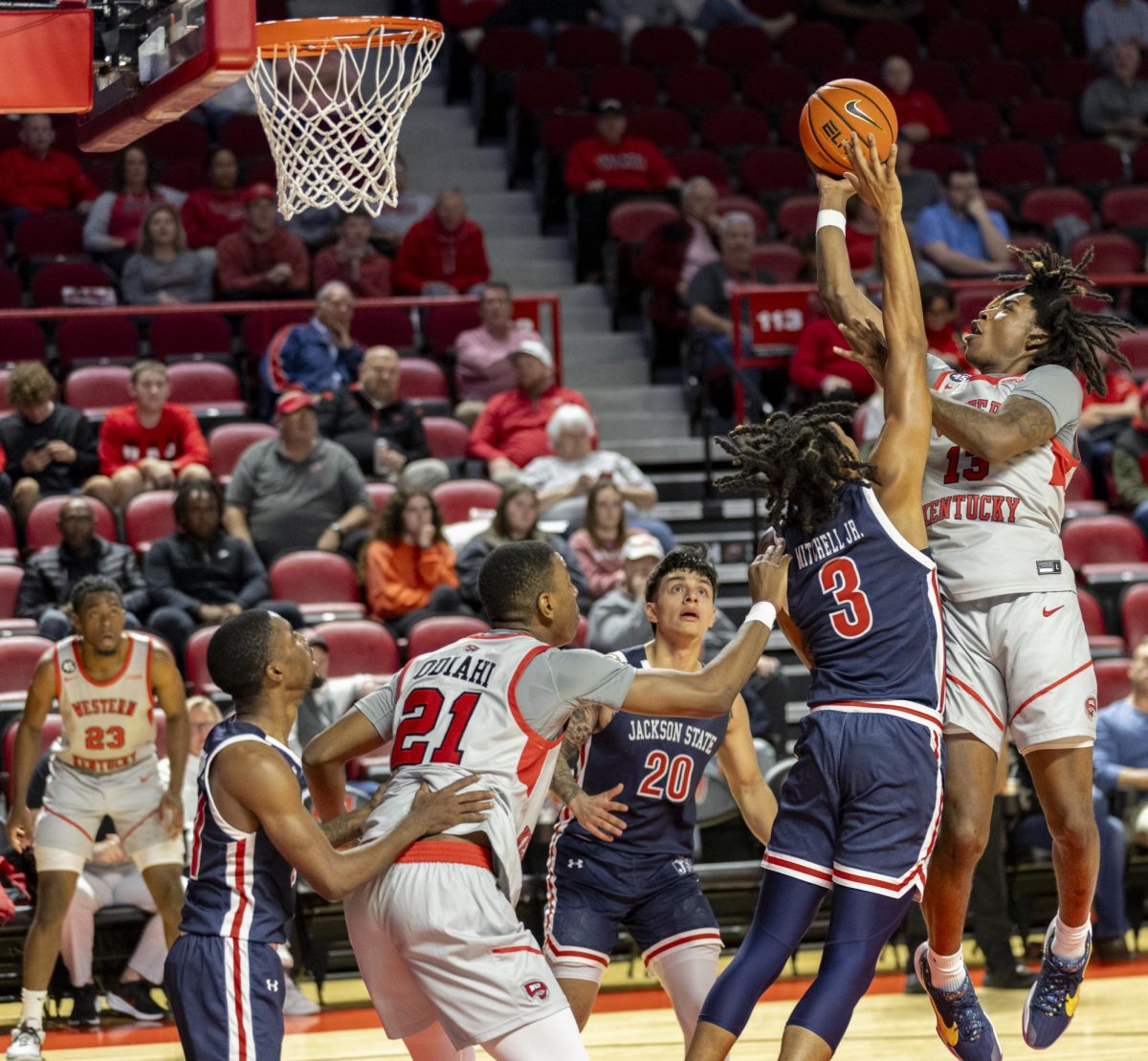WKU re-offers Massive Open Online Course
October 15, 2014
Sports-minded students can get their heads in the game through WKU’s MOOC, or Massive Open Online Course. The course, called Origins and Progression of Sports in America, began Sept. 21 and ends Nov. 1. The course is open to anyone interested in sports. Anyone can enter or discontinue the course at any time.
MOOC is a free course made available to anyone in the world via the Internet. Sebastian Thrun, a research professor of computer science at Stanford University, helped launch a MOOC about artificial intelligence in 2011. Enrollment rose to 160,000 participants. In the last few years, several universities, such as Harvard and Princeton, have launched their own MOOCs.
Randy Deere, a transitional retiree professor in the department of kinesiology, recreation and sport, created the course with the help of the Division of Extended Learning and Outreach.
Deere has experience with online education and decided to create the MOOC because of his interest in online learning.
“I had the freedom to create what I wanted and that was the reason I did it,” he said.
Deere worked with two instructional designers, who help create classes, from Distance Learning for nine months to create the MOOC. Julie Uranis, director of Distance Learning and Continuing and Professional Development, said Deere and the designers worked well together.
“They enjoyed working together, and that’s wonderful when you can get a partnership that is just so beneficial,” she said.
WKU previously offered the same MOOC in June. During its first run, the online course attracted 70 participants. The current offering of the course has 40 participants enrolled.
In WKU’s sole MOOC, participants study early American sports, notable sports figures and how a sport is defined, along with other topics.
“All the information that goes into a MOOC needs to be open domain information,” Deere said. “Which means that we don’t say ‘go buy a textbook, read chapter three, then answer these questions.’ That’s not what it’s about.”
Deere said the course pulls information from sources like Sports Illustrated and that students do readings, watch educational videos, take quizzes and discuss course material through a discussion board.
“There’s different learning styles,” he said. “And if you can present information in various ways then you’ve probably touched someone’s learning style.”
Those who complete the course receive either an amateur or professional certificate based on the performance the student puts into the course. However, no college credit is given.
MOOCs and online courses aren’t without their limits.
“Obviously, there’s certain things you can’t do online,” Deere said. “If a guy is gonna operate on me, let’s say my knee, I want him to have practice operating on knees.”
The ability of MOOCs to reach a massive global audience may be overblown. Uranis said that research shows MOOCs mostly reach college graduates.
“If that’s your goal, they’re doing a great job,” she said. “If your goal is to reach the masses and spread education throughout the world and you have, you know, this altruistic goal, then you could argue that they’re not that effective.”
As for future MOOCs offered by WKU, Uranis said that Distance Learning would still be willing to partner with WKU faculty, but cited financial concerns, as they can be expensive to create and continuously offer.
“I’ve yet to see a model that makes me feel comfortable with any of that activity,” she said. “We would continue to do it, but I don’t think it’s reasonable for every institution to be able to offer a MOOC.”











